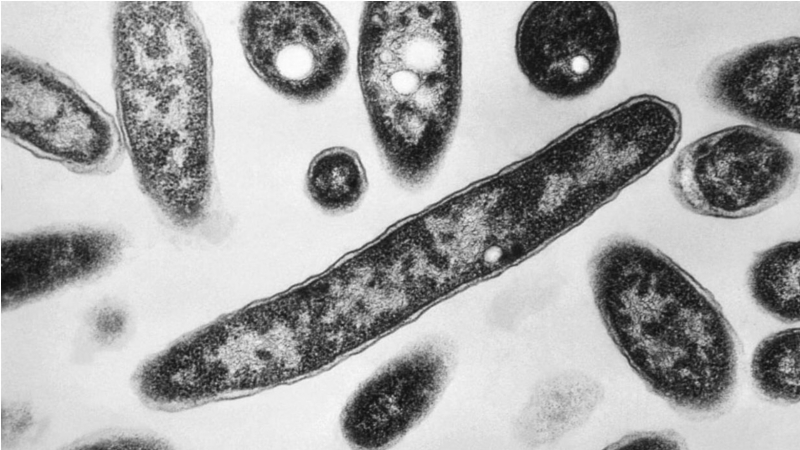Poland investigates a strange disease in the military supply area for Ukraine
Polish officials informed that Legionnaires pneumonia is spreading in the southern part of the country, from the city of Rzeszow to the border town of Przemysl bordering Ukraine. Currently, 7 people have been confirmed to have died from the disease.

Reuters on August 26 reported that Poland's domestic security agency (ABW) opened an investigation related to the Legionnaires pneumonia epidemic in the southern region. The agency's statement read: "We are investigating whether the Legionnaires disease outbreak was the result of intentional damage to the water systems of one or more individuals/organizations."
According to local health authorities, the bacteria that causes Legionnaires pneumonia have killed seven people and was found in 113 more hospitalized patients from the Rzeszow city area to the border town of Przemysl bordering Ukraine.
Reuters experts said that Rzeszow - located in southeastern Poland, about 100 km from the Ukrainian border, is one of the important cities, the center of the supply of weapons, ammunition and equipment for the US and the US. North Atlantic Treaty Organization (NATO) to Ukraine.
Rzeszow has also been a stopover for many Western leaders who want to travel to Ukraine by train, including US President Joe Biden. Therefore, according to Reuters, Warsaw authorities have grounds to suspect an outbreak of the disease.
On August 26, the water source of the city of Rzeszow and surrounding areas will be thoroughly tested and disinfected with chlorine and ozone. Local authorities also issued notices instructing people to use water in the most reasonable and safest way.
The World Health Organization (WHO) says that Legionnaires' disease, caused by the bacterium Legionella, can lead to a severe form of pneumonia. The most common form of transmission is inhalation of contaminated aerosols in mists or jets of water containing Legionella. This infection has a mortality rate of up to 10%, usually in people with pre-existing lung disease.
It is known that the US records about 13,000 cases of Legionnaires each year, while the countries of the European Union (EU) record nearly 11,000 cases in 2021, including 704 deaths.









 Facebook
Facebook
 Tweet
Tweet
 Zalo
Zalo







 News
News

















 Sign in with Facebook
Sign in with Facebook
 Sign in with Google
Sign in with Google